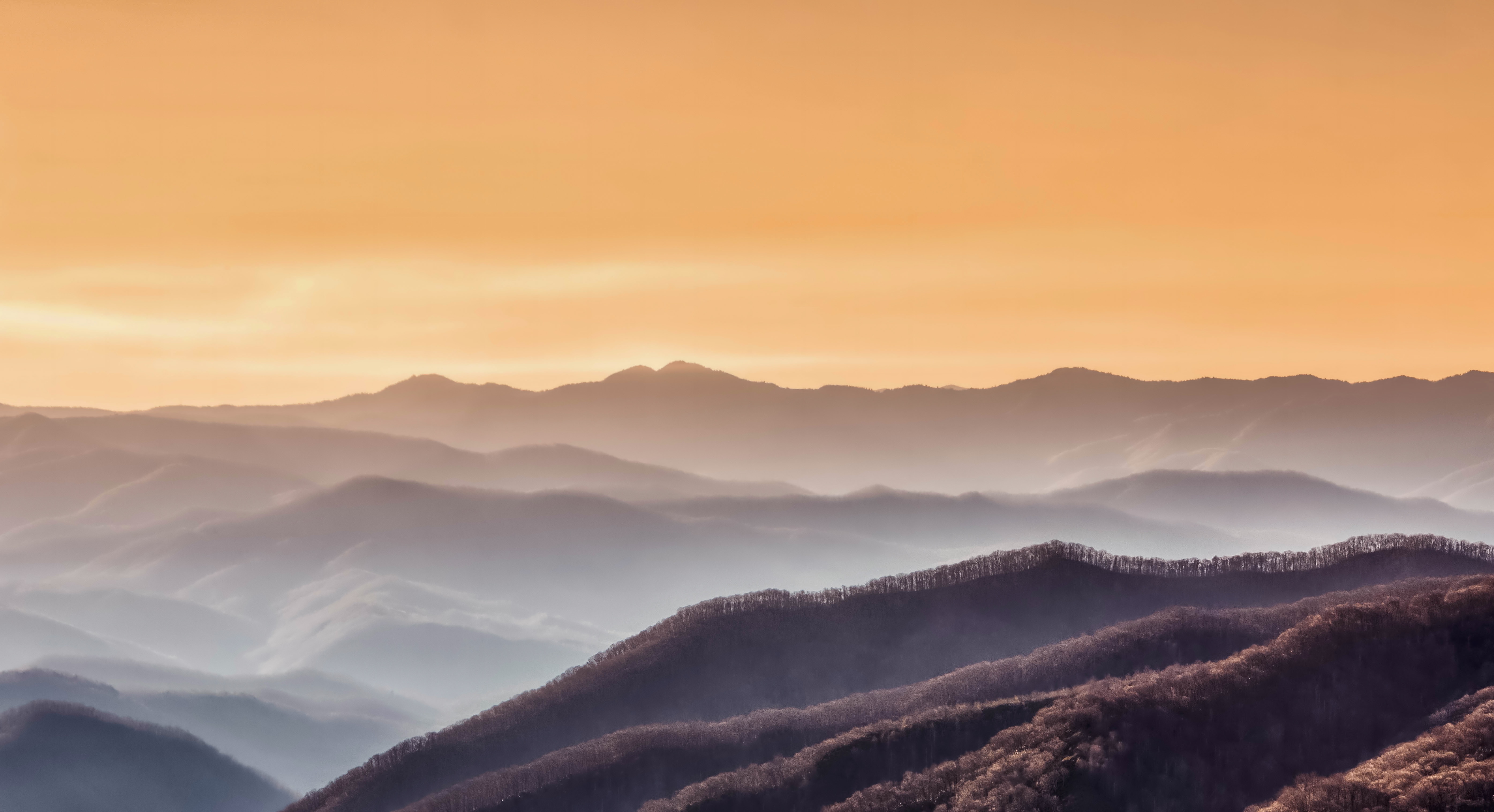"Doubly happy, however, is the man to whom lofty mountaintops are within reach." - John Muir

What is Appalachia?
Appalachia is a region whose geographical boundaries exist not because of any legal boundaries, but because of the shared history, culture, and environment of mountain people in eastern North America.
We believe that any progress toward justice in this region requires a clear understanding of place. Below is a brief overview of the very long, complex, difficult and beautiful history of Appalachia.
Note that much of the information here is specific to our Central Appalachian region.
Human History
Before Appalachia was inhabited by colonists and coalminers, it was home to The Cherokee. Traveling north and east from the land we now know as Georgia and the Carolinas, the Cherokee people settled in the southern Appalachians. Much of what we know about The Cherokee today is a result of records from their colonizers, the Spanish.
As native people were killed by the millions and driven from their land by white settlers, most new, white arrivals settled east of The Appalachians, not daring to brave their climbs. As a result, many of the first settlers of the mountains were runaway slaves and indentured servants, as well as outcasts, artists, and adventurers. It wasn’t until the westward expansion that white inhabitants began to settle in the region in greater number.
The largest swell in our Appalachian population came with the industrial revolution. With demand for coal skyrocketing, immigrants ventured from the boat straight to Central Appalachia in the late 1800s in search of work. In the last half-century, with the coal industry’s Appalachian mono-economy, its increased mechanization, and its boom and bust market, many families within Appalachia struggled to make ends meet. Outward migration has been the trend here for the last several decades. Folks leave in search of work, in search of a college education, in search of a healthier homeplace.
Culture
What we think of as traditional Appalachian culture is a land-based, skill-based, coal mining culture. We are a people tied to the land. It is what has given us our lumber for cabins, our bountiful gardens, our drinking water, and, for better and for worse, the industry. The fact that we are money poor has shown us that we have wealth in other ways. Our crafts–quilts, baskets, pottery, canning–coupled with our resourcefulness–have helped us to thrive. And anyone who has ever heard an old time band knows that we have great music.
Coal interests have succeeded in demonizing Appalachian culture to the rest of the United States. They have used this tactic to make the region and its people appear “backwards,” “violent,” and “dispensable”–similar to the way in which African Americans have been negatively stereotyped, ridiculed and demonized by racist whites benefiting from their labor. Today, Appalachians are one of the few cultural groups that it is still socially acceptable to ridicule and stereotype in the public arena.
Environment
Our land is rich. Our remaining mountains are home to one of the most biologically diverse regions on the planet. The range of these hills stretches from the tip of Maine, into Alabama and Georgia. The Appalachians are also the oldest mountains on the planet–mountains the once stretched higher than the Rockies.
Today
Appalachians of the 21st century are still rich in resources and skills, and poor in health and money. Mountaintop removal is one of many issues in our communities, many others of which are inextricably connected: drug-abuse, lack of access to health care, lack of access to higher education.
We remain resourceful. We have our communities, our history, our music, our families, and the strength we have inherited. Working together there is still time to bring “people power” to bear and to bring about a truly just and prosperous Appalachia.
This information was taken from The Alliance for Appalachia